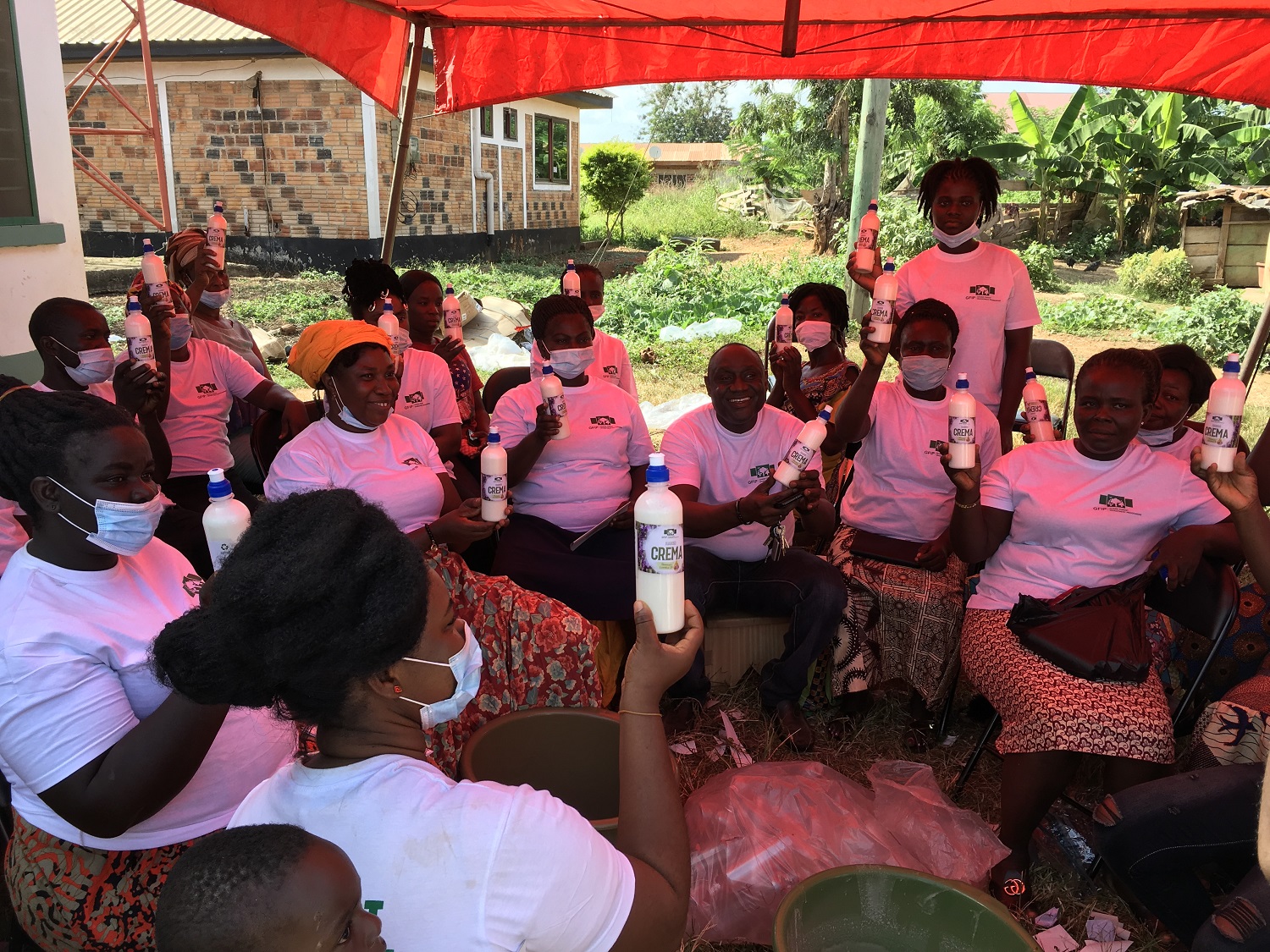Overview
Conservation Alliance’s cocoa program aims to mainstream biodiversity conservation into the cocoa production landscape in the forest zones of West Africa. To achieve this purpose, the program seeks to address barriers to wide-scale sustainable cocoa production at three levels-the market level, the national level, and the local level. At the market level, it works with cocoa traders to support farmer’s efforts to adopt sustainable practices and increase their understanding of the relationship between best management practices and productivity. At the national level, it promotes certification models that provide incentives for biodiversity-conserving and productive agroforestry farm systems. At the local level, it collaborates with and support farmers to adopt best practices that enhance the ecological integrity of farms and connect forest fragment in the landscape while at the same time improving farm productivity.


Where we work?
Conservation Alliance currently works in 5 West African Countries- Sierra Leone, Liberia, Cote d’Ivoire, Ghana, Nigeria and Cameroun. With cocoa programs dotted in all these countries, CA works with its affiliate farmer Group, Conservation Cocoa Association, which has become the vehicle for changing farmers attitudes towards cocoa production and also a means to ensure that the farmers are recognized in the cocoa value change through their interaction with other players in the value chain, education and capacity building programs, and access to markets.
In each country that CA is present, there is a country office which is managed by a Country Manager who may oversee several field offices. These field offices are usually in the communities where the farmers are located. This is to allow easy access of the facilities at the office and technical information through the field by farmers. The field offices are managed by the Project Coordinator and his field officers.
Ghana Program
The Ghana Cocoa program is the first cocoa program and second largest in terms of number of participating farmers. Currently there are over 6000 farmers scattered in the cocoa growing landscape in southwest Ghana. These participating farmers are all members of the Conservation Cocoa Association.
The program is managed from the program office in Kumasi headed by the Agriculture Commodities Manager also stationed there. The cocoa office coordinates the work of all the projects and also provides these offices with technical and financial assistance from time to time. There are currently 6 projects been run under the Ghana program. These are the Ankasa, Kakum I & II, New Edubiase, Bia and Wassa Akropong Projects.

The Ankasa Project
The Ankasa project has been operational for the past 3 years and covers farmers in the Jomoro and Ellembele Districts in the Western Region of Ghana. The Ankasa Conservation Area is known to have patches of intact wet evergreen forests rich in biodiversity. There are currently 1500 participating farmers from 18 communities fringing the Ankasa National Park close to the Ghana- Cote d’Ivoire border. Farmers have been registered and are full members of the Conservation Cocoa Association with a recognized Executive Council.
Two field offices have been established at Kanokware and Amokwawzuazo to serve the sparsely distributed communities in the project. The Kanokware area office has 7 communities. The remaining 11 communities are managed from the Amokwawzuazo office.

Kakum I (Assin Fosu)
The Assin Foso project is one of CA’s oldest cocoa projects dating as far back as 2005. These farmers were first engaged to assist them manage conflicts between humans and elephants. There are currently 2500 farmers registered, trained and UTZ certified (Second time).
There is a Field Office located at Assin Foso with 2 field staff stationed there. Farmers were introduced to RA Certification systems about 2 years ago and are currently preparing to adopt RA Certification standards. Farmers have been registered and are full members of the Conservation Cocoa Association with a recognized Executive Council.
Kakum II (Twifo Hemang)
The Kakum II project was conceived after the creation of the Kakum National Park in 1997 to secure the boundaries of the forest reserve and also ensure that agriculture around the boundaries is sustainable. The project has grown from a farmer numerical strength of 200 farmers in 2000 to 1500 currently.
Farmers are registered, full members of the Conservation Cocoa Association with a recognized Executive Council. The project/field office is at Twifo Hemang with two field officers stationed there.
These farmers have been trained in good agriculture practices, certification (Rainforest Alliance) and are certified (Year II) after adopting the RA Certification standards for cocoa. A common traceability system has been established in collaboration OLAM Ghana to market RA Beans produced by these farmers internationally.
New Edubiase
This project is about 2 years old and over 3000 farmers out of which 1500 are registered and full members of CCA residing in 30 communities fringing patches of intact forest in the Adansi South District in the Ashanti Region.
Farmers have been trained in good agricultural practices, RA Certification systems and the SAN standard. The IMS team/ Field officers are stationed at New Edubiase where the field office also is. Farmer association has elected leadership as well as community representatives.
